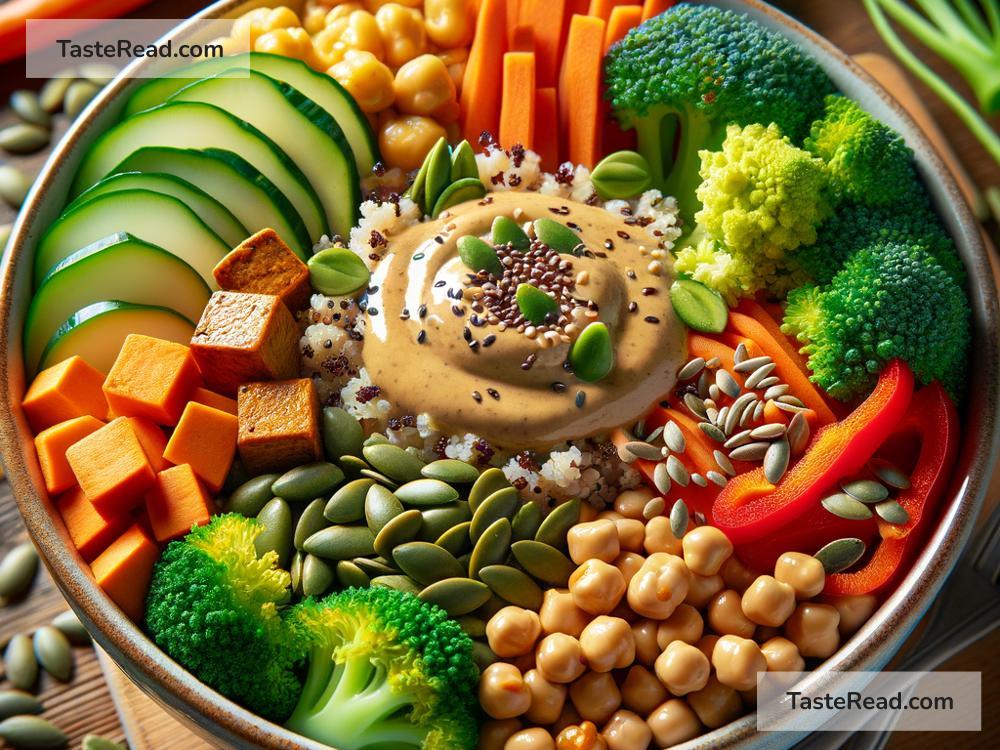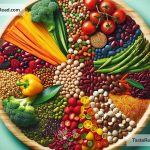The Link Between Veganism and Reducing Cancer Risk: A Simple Guide
In the bustling world we live in today, we’re constantly seeking ways to improve our health and well-being. Amidst numerous diet trends and health advices, one lifestyle choice that has gained significant attention is veganism. Beyond its environmental and ethical implications, did you know that adopting a vegan diet could also play a pivotal role in lowering your risk of cancer? Let’s dive into this fascinating connection in simple terms.
What is Veganism?
First things first, let’s understand what being vegan means. In essence, veganism is a way of living that tries to exclude all forms of animal exploitation and cruelty, whether for food, clothing, or any other purpose. This translates to a diet devoid of all animal products including meat, dairy, and eggs. Instead, vegans focus on plant-based foods like vegetables, fruits, grains, nuts, and seeds.
The Cancer Conundrum
Cancer, the dreaded C-word, has become a global health concern with millions of new cases diagnosed yearly. It’s a complex disease characterized by the uncontrolled growth of cells, leading to tumors and damage to the human body. While genetic factors do play a role, lifestyle and dietary choices significantly influence cancer risk.
Veganism and Cancer Risk: The Connection
The interest in the relationship between diet and cancer isn’t new. However, the spotlight on veganism and its potential to reduce cancer risk has grown in recent years, and for good reason. Here’s why:
-
High in Phytochemicals: Plant-based diets are rich in phytochemicals, the compounds that give fruits and vegetables their vibrant colors and have cancer-protective properties. These include antioxidants that protect cells from damage.
-
Fiber Forward: Fiber, abundant in a vegan diet, not only helps in maintaining a healthy digestive system but also plays a critical role in cancer prevention, particularly colorectal cancer. It helps in the elimination of carcinogens from the gastrointestinal tract.
-
Lower in Saturated Fat: Vegan diets tend to be lower in saturated fat and cholesterol, found primarily in animal products. High intake of these fats has been linked to an increased risk of various cancers.
-
Healthy Weight Maintenance: Obesity is a known risk factor for several cancers. A vegan diet, which is typically lower in calories due to its emphasis on fruits, vegetables, and whole grains, can promote a healthy weight.
Evidence Speaks
Numerous studies have shown a correlation between plant-based diets and reduced cancer risk. For instance, the Adventist Health Studies found that vegetarians, including vegans, had lower rates of certain cancers, such as colon cancer, than non-vegetarians. While these findings are promising, it’s important to note that adhering to a healthy lifestyle overall is crucial. Smoking cessation, limiting alcohol consumption, regular physical activity, and maintaining a healthy weight are also essential components in reducing cancer risk.
Making the Shift
If you’re considering transitioning to a vegan lifestyle to improve your health and potentially lower your cancer risk, here are a few tips:
-
Gradually Transition: Don’t feel the need to go vegan overnight. Begin by incorporating more plant-based meals into your diet and gradually decrease animal products.
-
Variety is Key: Ensure you’re getting a wide range of fruits, vegetables, grains, and legumes to meet your nutritional needs. Variety not only keeps your diet interesting but also ensures a broader spectrum of beneficial nutrients.
-
Plan Your Meals: A little planning goes a long way to ensure you’re getting balanced nutrition. Consider consulting a nutritionist to help craft a plan that’s right for you.
-
Supplement Wisely: Pay attention to nutrients that might be harder to obtain from a vegan diet, such as Vitamin B12, Omega-3 fatty acids, Iron, and Calcium. Supplements can help, but it’s best to seek advice from a healthcare provider.
In Conclusion
The connection between veganism and lowering cancer risk is compelling. By focusing on a diet rich in whole, plant-based foods, not only could you be taking a significant step towards reducing your cancer risk, but you’re also making a choice that benefits the planet and its inhabitants. Remember, the key is a well-planned and balanced diet, accompanied by a healthy lifestyle. Making these positive changes could not only increase your years but also the quality of life within them.


